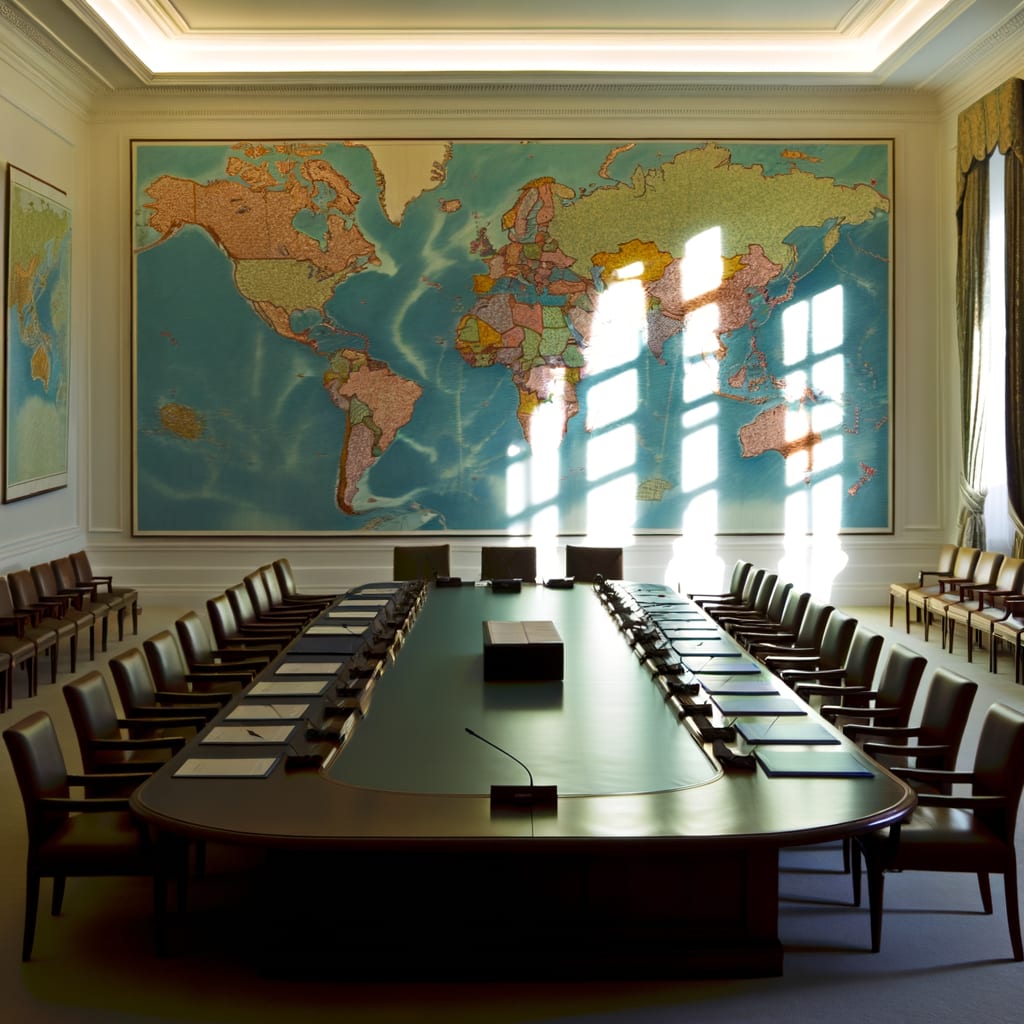Trump-Putin Summit: A Crucial Test for Ukraine Peace Efforts
The upcoming summit between U.S. President Donald Trump and Russian President Vladimir Putin is being heralded as a significant test for Putin and a potential turning point in the ongoing conflict in Ukraine, according to NATO Secretary General Mark Rutte. The leaders are slated to meet in Alaska on Friday, August 15th, with peace in Ukraine as a key point of discussion.
Background and Context
The conflict in Ukraine, which began in 2022 following a deadly invasion by Russia, has been a contentious issue straining relations between the U.S. and Russia. The summit will be the first in-person meeting between Trump and Putin since the start of the invasion. Rutte stated that Trump aims to gauge Putin's seriousness about ending the war, an intent reflected in recent actions such as secondary sanctions on countries purchasing Russian oil and the provision of lethal weapons to Ukraine.
Trump's meeting is seen as a test for Putin, with Ukraine expected to join future peace efforts if the summit proves successful, Rutte further added.
Key Developments
Despite the hopeful tone surrounding the summit, experts hold differing perspectives on the likely outcome. Peter Kuznick, Director of the Nuclear Studies Institute at American University, and Steve Gill, an American political commentator, both view the summit as a positive step towards peace. However, Cui Heng, a Chinese expert, cautions that the summit is unlikely to immediately resolve the Ukrainian issue due to deep-seated contradictions.
Former Ukrainian Ambassador to the U.S., Oleh Shamshur, further expressed skepticism about Trump changing his approach and exerting tough pressure on the Kremlin.
Implications and Reactions
As the summit approaches, the global community anticipates Trump's next move concerning Russia. If the Kremlin does not agree to a ceasefire, Trump has threatened new sanctions on Russian oil exports. These sanctions would add to the pressure already exerted through measures such as sanctions targeting countries like India, which purchased Russian oil.
Conclusion and Current Status
In a last-ditch effort ahead of the summit, Trump's special envoy Steve Witkoff held talks with Putin in Moscow. The Kremlin described the three-hour meeting as useful and constructive,
but no specific details or breakthroughs were announced. As both leaders prepare to meet, the international community awaits the outcome and its potential implications for the future of peace in Ukraine.
In the meantime, the conflict continues on the ground. On the night of August 5-6, Ukraine's Defense Forces neutralized 36 out of 45 Russian drones, indicating the ongoing intensity of the conflict.
As the summit nears, the world watches closely, hopeful for a resolution but mindful of the deep-seated issues that have fuelled this prolonged conflict.

